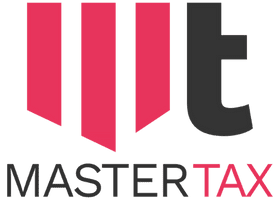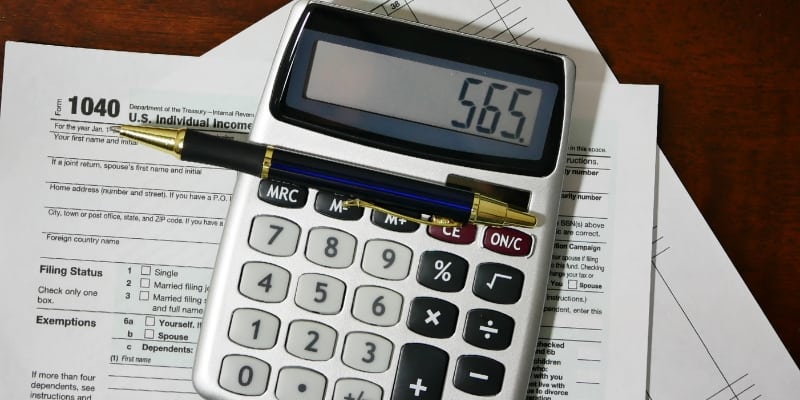Being self-employed offers immense freedom and flexibility but also comes with its fair share of responsibilities, especially regarding taxes. Our self-employed individuals find themselves overwhelmed by the complexities of tax regulations and procedures. However, a solution can alleviate this stress and empower entrepreneurs to take control of their finances: enrolling in a self-employed tax course. This blog post will explore why every self-employed individual should seriously consider investing in such a course.
Understanding Tax Obligations:
One of the biggest challenges for self-employed individuals is understanding their tax obligations. Unlike traditional employees who have taxes automatically deducted from their paychecks, self-employed individuals are responsible for calculating and paying their taxes themselves. This includes income tax and self-employment tax, which covers Social Security and Medicare contributions.
A self-employed tax course provides comprehensive guidance on understanding tax laws, deductions, and credits relevant to self-employment. By gaining a deeper understanding of these concepts, individuals can ensure they meet their tax obligations accurately and efficiently.
Maximizing Deductions:
One of the significant advantages of being self-employed is the ability to deduct business expenses from taxable income. However, navigating which expenses are deductible and how to document them properly can be confusing. A self-employed tax course equips individuals with the knowledge and skills to identify legitimate deductions and maximize their tax savings.
A tax course provides insights into the specific deductions available to self-employed professionals in various industries, from home office expenses to mileage deductions. By learning how to leverage these deductions effectively, individuals can reduce their taxable income and keep more money in their pockets.
Avoiding Costly Mistakes:
The repercussions of making errors on tax returns can be severe for self-employed individuals. In addition to potential fines and penalties, inaccuracies can trigger audits, leading to further stress and financial strain. By investing in a self-employed tax course, individuals can learn how to prepare and file their taxes accurately, reducing the likelihood of costly mistakes.
Furthermore, staying informed about tax law and regulation changes is crucial for compliance. A reputable tax course ensures individuals are up-to-date with the latest developments, enabling them to adapt their tax strategies accordingly and avoid potential pitfalls.
Building Financial Literacy:
Managing finances effectively is essential for the success of any self-employed business. A self-employed tax course goes beyond tax preparation, providing valuable insights into financial management principles tailored to entrepreneurs. Topics such as budgeting, cash flow management, and retirement planning are covered, empowering individuals to make informed financial decisions.
By developing strong financial literacy skills, self-employed individuals can improve their financial health and set themselves up for long-term success. From optimizing pricing strategies to investing for the future, a solid understanding of economic concepts is invaluable in achieving business goals.
Empowering Business Growth:
Ultimately, investing in a self-employed tax course is an investment in the growth and sustainability of one’s business. By mastering tax fundamentals and financial management principles, individuals can focus their time and energy on driving business growth rather than worrying about tax compliance issues.
Moreover, the confidence gained from understanding and managing one’s finances can be transformative. With the knowledge and skills acquired from a tax course, self-employed individuals can approach their business endeavors with greater clarity, purpose, and resilience.
Conclusion:
Navigating the complexities of taxes and finances can be daunting for self-employed individuals, but it doesn’t have to be. By enrolling in a self-employed tax course, entrepreneurs can learn to manage their taxes effectively, maximize deductions, and build a strong financial foundation for their businesses. From understanding tax obligations to planning for future growth, the benefits of investing in a tax course are invaluable. So, if you’re self-employed, consider investing in yourself and your business—it could be the key to unlocking greater success and prosperity.











